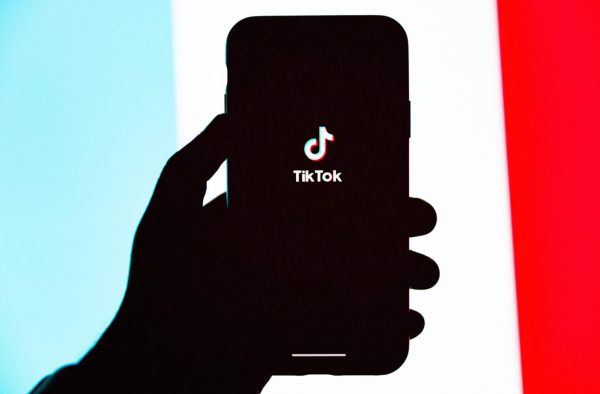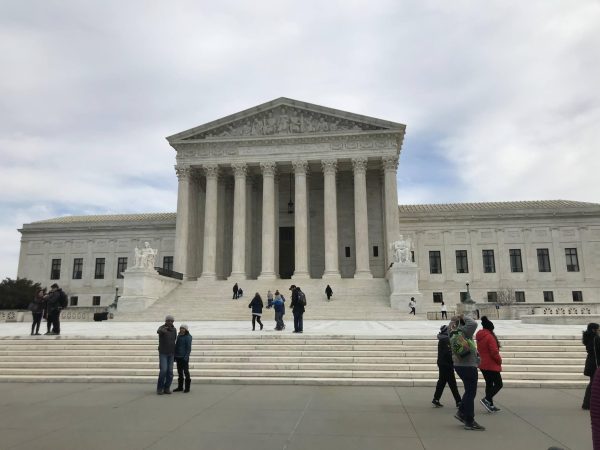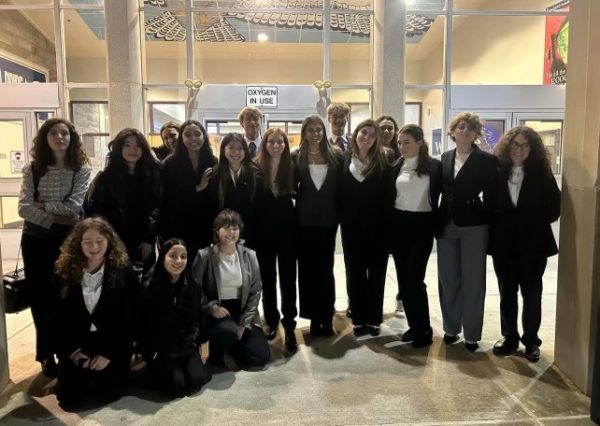Netflix Rolls Out Password Sharing Restrictions in the U.S. and U.K.

May 30, 2023
This week Netflix has launched their previously announced plan of cracking down on password sharing in the U.S. and U.K., but their new enforcements have left many customers feeling confused and betrayed.
In the past, Netflix largely ignored (and on some occasions even encouraged) password sharing among users. However, amid an economic downturn and a period of continued struggling for the company, they are now asking anyone using a Netflix log-in for more than 31 days at a different location to either get a separate account or pay an additional $7.99 a month to be added to the main account.
While Netflix has been discussing such possible changes since last year and even began testing them in countries like Canada a few months ago, the notifications sent out last week were said to be effective immediately and caught many unsuspecting consumers off guard.
Since then, angry customers have taken to social media to both vent their frustration and question the new guidelines, which have caused a swarm of confusion for those with unique living situations.
When given the example of a child going off to college, the response seems relatively simple. They would have to buy an extra profile, or transfer to an entirely new account. However, that can quickly become much more expensive for many households, as extra members can only be added to the more expensive standard and premium plans, and the number of additional members is limited. As of now, one can be added on standard, and only two on premium.
In addition, the situation can rapidly become both more complicated in other circumstances. For example, the company has not set up any exceptions for the new rules, such as for deployed members of the military, or explained how such people will be affected. Even more common situations can be just as confusing, such as a parent whose job requires constant travel, or a person with unstable living conditions moving from place to place.
Many consumers are wondering whether the extra costs are even worth it for the service, which was once seen as a core of the streaming world but has been increasingly marred by the cancellation of fan favorite shows and lack of production on new ones. Even among those who say they are willing to pay more money for one subscription service, many are worried these restrictions will catch on among companies and leave them shilling out dozens more dollars every month amid a period of a skyrocketing cost of living.
Finally, many users have questioned how this rule will even be enforced. As of now, Netflix has said they will enforce it primarily by checking the IP addresses, but will also use device IDs and account activity.
However, these methods are easily circumvented by the use of VPNs, or “Virtual private networks.” These programs, which are easily available on a subscription basis, hide the user’s actual IP address and “tunnels” traffic between the user’s device and a remote server of their choosing. In the past, they were most frequently used to view region locked content on streaming services by making the users IP address appear as if they were in another country. Now, though, VPNs may take on a new life of being used to avoid these sudden restrictions.
Amid the clamor and backlash, when asked by major news publications about the public response to this crack down, Netflix simply declined to comment on the subject, leaving the public to wonder about the uncertain future of their accounts and the streaming service as a whole.











